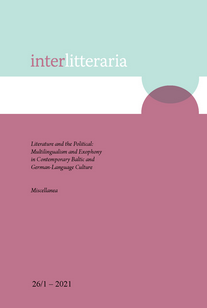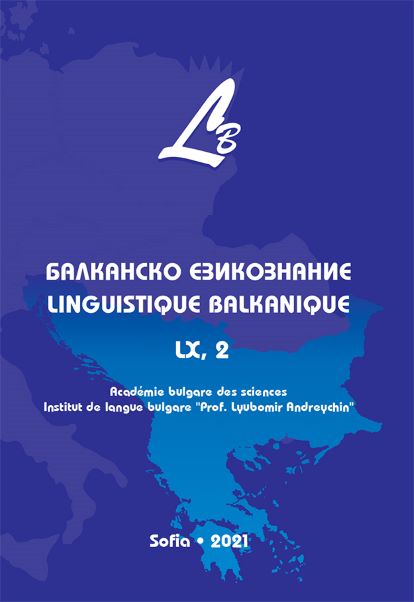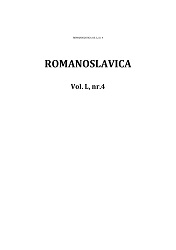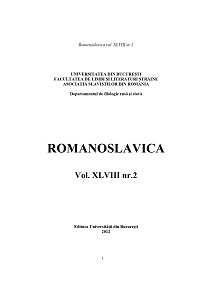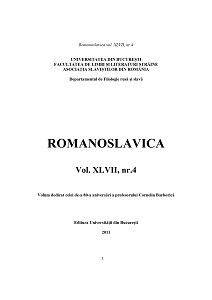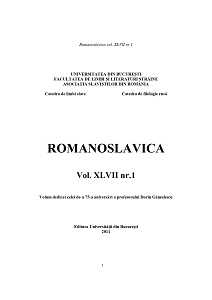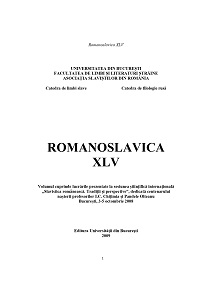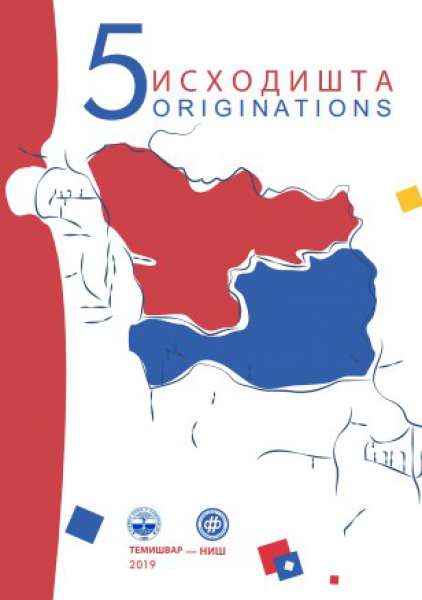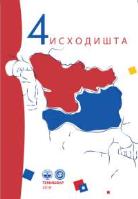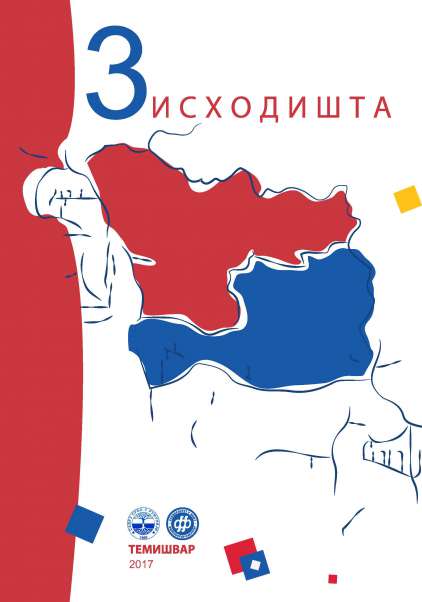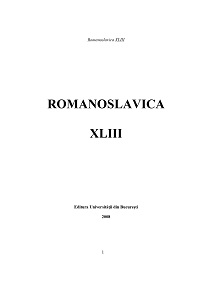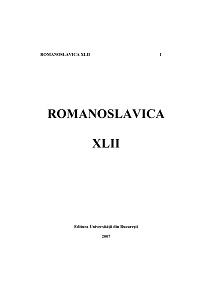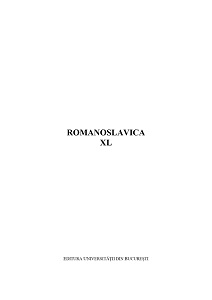
Опыт структурного описания мифа
The paper contains a structural analysis of motifs in three variants of a mythological story of the Tsimhian Indians (the Pacific North-west of Canada). The purpose of the analysis is to establish meaningful correlations between the syntactic and semantic structures of each variant. The syntactic analysis of the myths was carried out along the lines established by V. Propp and C. Lévi-Strauss. The semantic structure was analysed in terms of "values". The analysis resulted in the elicitation of invariant and variant syntactic and semantic patterns. The invariable order of larger motif blocks corresponds to the invariant semantic interpretation while the, changing sequence of elementary motifs reflects changes in meaning.
More...
